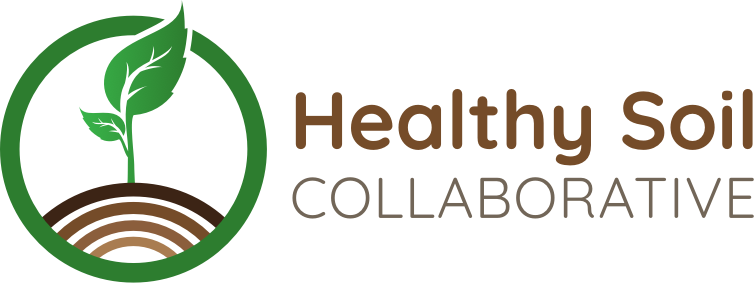Brad Herrick
Brad Herrick has been tracking jumping worms and their ecological consequences for over a decade. He is the director of the Lakeshore Nature Preserve at the University of Wisconsin-Madison. For over a decade he has been tracking population dynamics of jumping worms and their ecological consequences in deciduous forests.
Herrick’s work focuses on the effects of jumping worms on urban sugar maple forests, including changes to plants, soil structure, and chemistry. He engages undergraduate students and citizen scientists to help gather regional data on jumping worm spread, and collaborates with other HSC member labs, including the Dávalos, Görres, and McCay labs. Herrick’s group also made the critical discovery early on that jumping worms and their cocoons are susceptible to heat damage, which could inform best practices for some landscape industries.
Herrick received his BA in biology from Luther College and his MS in ecosystems studies from UW-Green Bay. He is currently working on his PhD at UW-Madison, centered on jumping worm invasion dynamics. Herrick loves to spend time with his family over home-cooked meals, soccer games, and cross-country skiing ventures during the long Midwestern winters.
